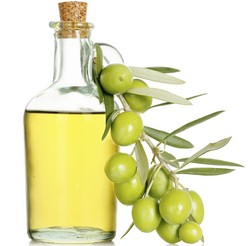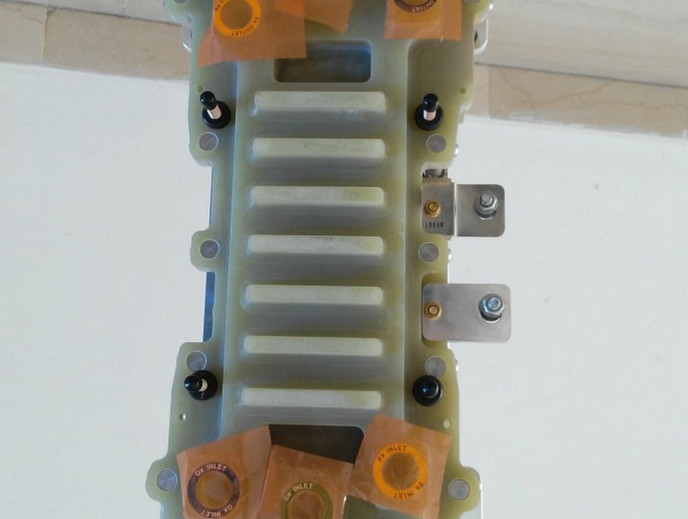Fuel from olive oil waste
As our consumer society expands, the consumption of natural resources increases and so does the waste it produces, especially as a by-product of industrial activity. Vital energy resources are becoming scarcer and harder to secure. If the problem gets worse, it could endanger growth and irreversibly harm the environment. But things have started to change. The EU's Seventh Framework Programme (FP7) has funded research aiming to find innovative ways of using waste as an energy resource. The FFW(opens in new window) (Liquid and gas Fischer-Tropsch fuel production from olive industry waste: Fuel from waste) project tested innovative technologies to reduce the environmental footprint of the olive oil industry across the Mediterranean basin. FFW gathered experts from eight European countries to achieve efficient yet profitable use of olive oil industry residues as raw material to produce synthetic natural gas and liquid biofuels. Biodiesel could fuel tractors and trucks used for gathering and transporting olives, while natural gas could provide heating in olive oil mills. Project partners selected the best mixture of waste materials derived from olive oil farming and the olive oil industry. This took into consideration requirements for an efficient gasification process and better quality fuel. The available biomass from olive crop and olive oil production was pre-treated and converted to synthetic gas via gasification. The resulting natural gas was then cleaned prior to conversion to liquid biofuels, via the Fischer-Tropsch process. The feasibility of up-scaling this thermochemical process to produce fuel components similar to fossil-derived diesel fuels at commercial levels was also evaluated. The amount of available pits, pomace and remains from olive tree pruning that can serve as input was estimated through an e-mail survey. At the same time, FFW researchers gathered information about how all stakeholders perceived the new approach. Reuse of the olive waste can bring both economic and environmental benefits. The FFW technology will allow the olive industry to reduce its dependence on polluting fossil fuels, thereby reducing production costs and lowering its environmental footprint. Moreover, the reuse of olive industry residues at local scale, rather than landfill disposal, will become a profitable option. Results from FFW also set out a clear and reliable baseline for further improvement of the technical performance and increased sustainability of biofuel production from agricultural waste. Furthermore, research in this direction will lead to the increased efficiency of the agricultural sector within Europe.







